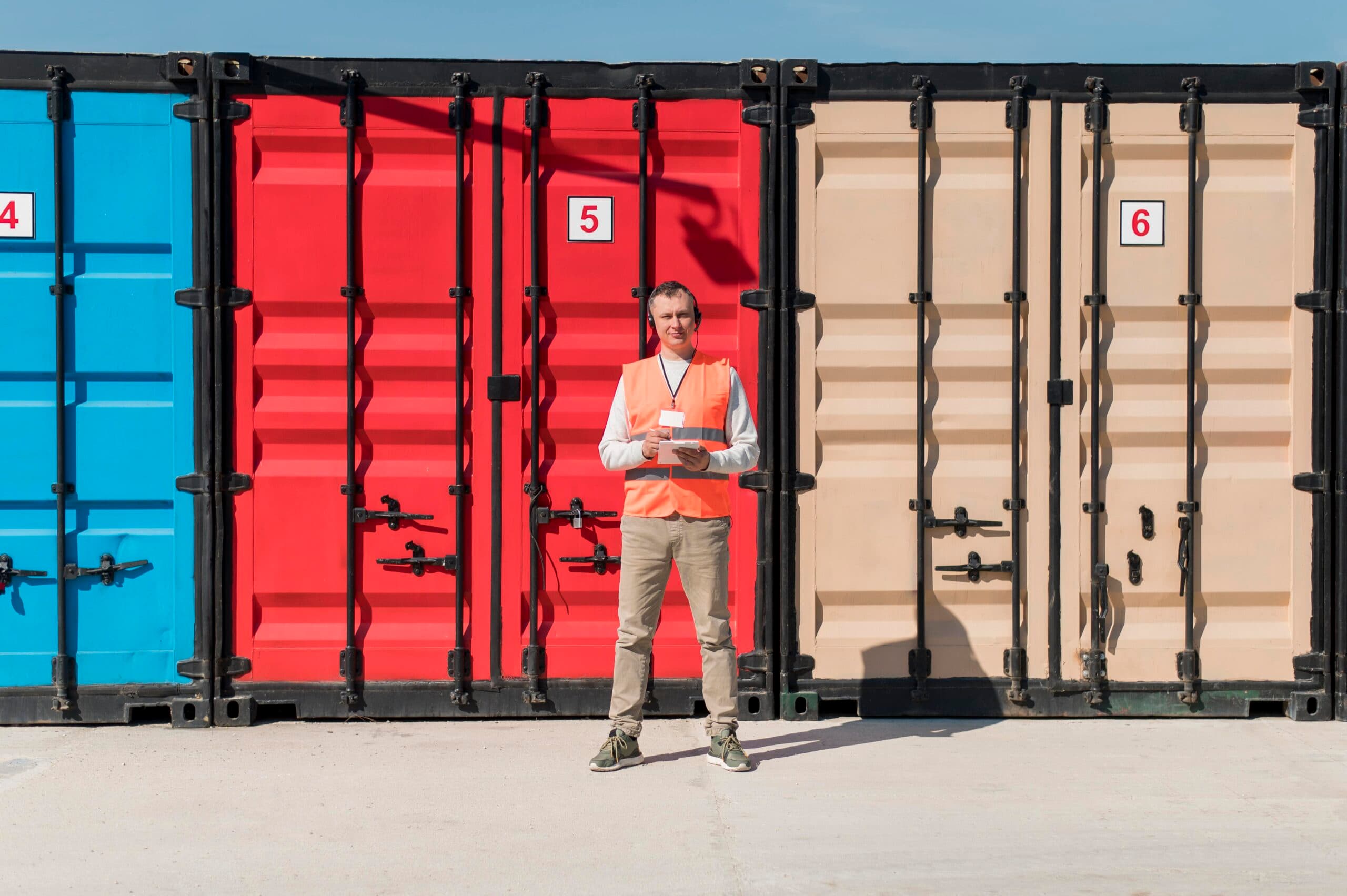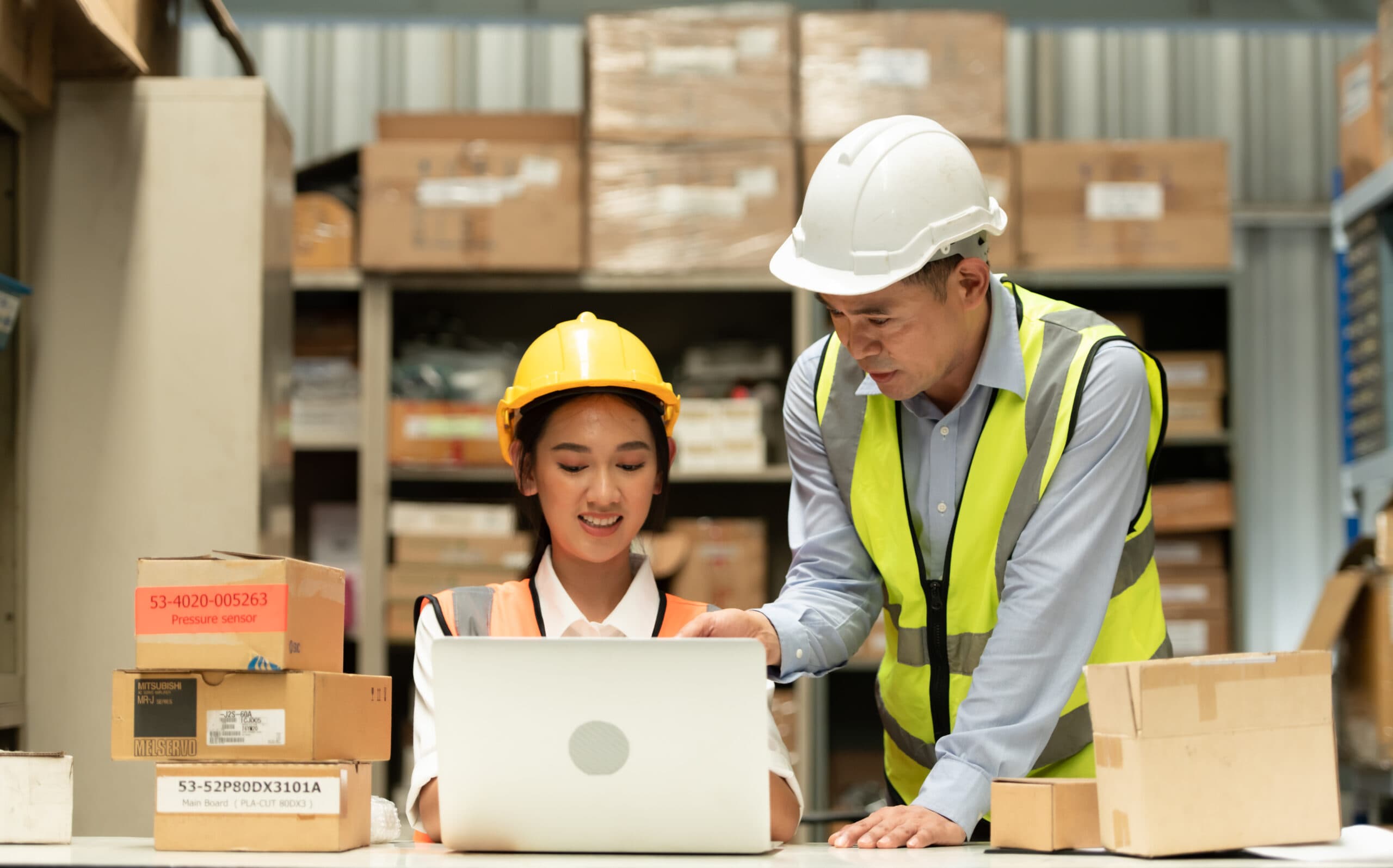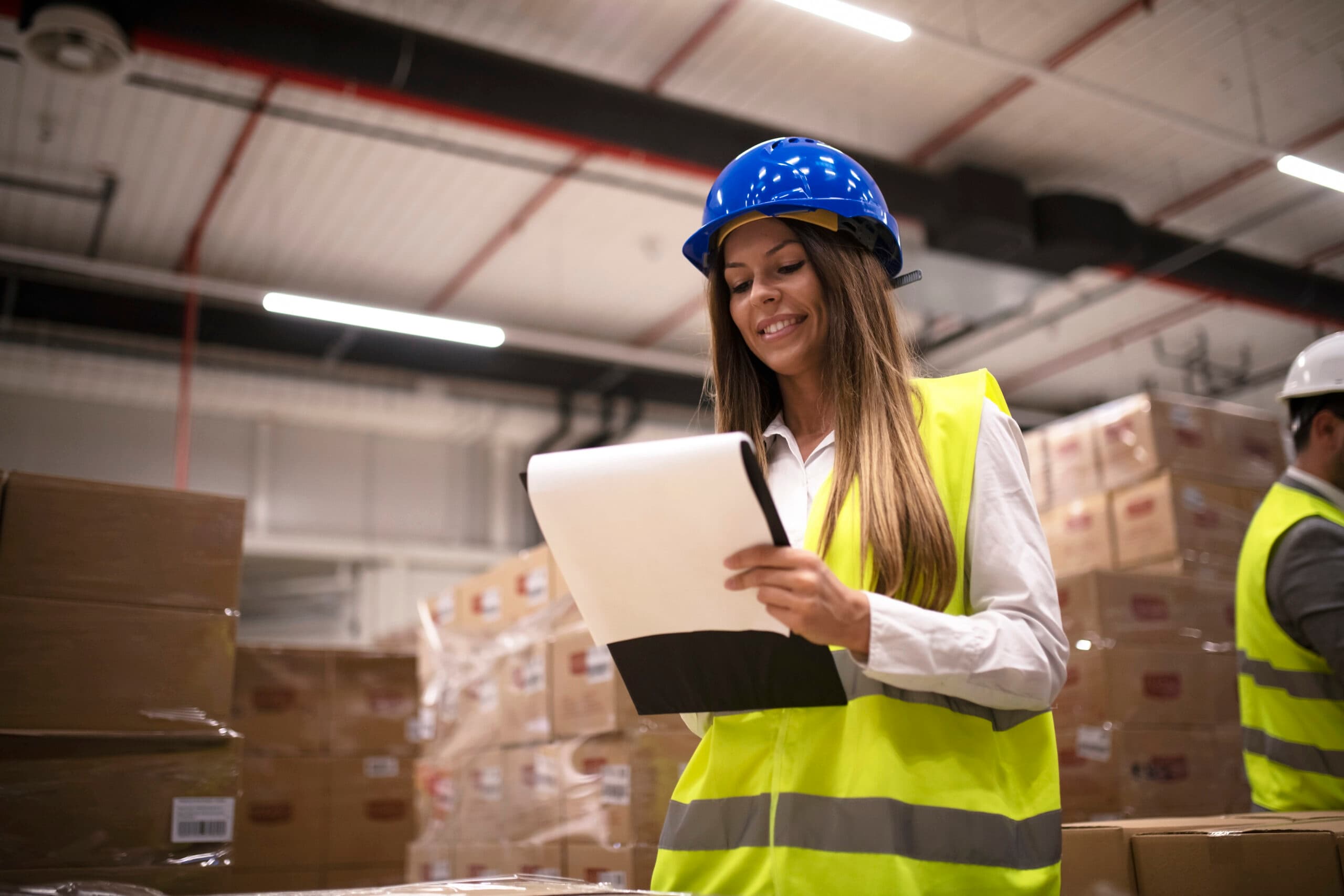The Future of UK Customs Clearance: Trends & Technology

Customs clearance has always been a vital part of international trade, ensuring that goods move across borders legally, efficiently, and in compliance with regulations. In the UK, the importance of seamless customs procedures has only grown in recent years, especially after Brexit, when new rules and checks became part of daily trade operations. For businesses relying on imports and exports, working with trusted partners like Customs Clearance Limited UK has become more crucial than ever.
Looking ahead, the future of customs clearance is set to be shaped by a combination of technology, policy changes, and evolving global trade trends. Let’s explore the key factors driving this transformation and how companies can prepare for the future.
1. The Rise of Digital Customs Systems
The UK government has been gradually shifting toward digital-first customs processes. The introduction of the Customs Declaration Service (CDS) to replace the older CHIEF system is one of the most significant changes in decades. CDS offers:
- A fully digital platform for submitting customs declarations
- Real-time data sharing with HMRC
- Integration opportunities for logistics providers and businesses
This move toward digitisation aims to reduce paperwork, minimise delays, and provide better transparency in supply chains. Businesses partnering with experts like Customs Clearance Limited UK can leverage these tools to simplify compliance while keeping operations efficient.
2. Automation and Artificial Intelligence (AI)
Artificial intelligence is expected to play a growing role in customs operations. AI-powered tools can:
- Analyse large volumes of trade data to detect errors or inconsistencies
- Flag potential compliance risks before they become costly penalties
- Predict shipment delays by monitoring global trade patterns
For instance, machine learning can identify patterns in fraudulent documentation, helping authorities and customs agents reduce the risk of non-compliant shipments. Companies that embrace AI-enabled platforms will benefit from faster clearance and reduced administrative burdens.
3. Blockchain for Transparency and Security
Blockchain is no longer just a buzzword in the financial sector—it has real potential in customs clearance. By providing a secure, tamper-proof digital ledger, blockchain can:
- Track goods across the supply chain with complete visibility
- Improve trust between importers, exporters, and customs authorities
- Reduce fraud and ensure documentation accuracy
In the future, blockchain-based trade platforms could become standard, helping businesses and customs brokers like Customs Clearance Limited UK deliver a smoother, more secure clearance process.
4. Data-Driven Trade Compliance
Compliance with customs regulations is becoming increasingly complex. Post-Brexit trade agreements, shifting tariffs, and frequent policy changes require businesses to stay updated. The use of data analytics is expected to grow, enabling companies to:
- Forecast the cost of tariffs and duties before shipping
- Evaluate alternative trade routes for cost savings
- Track regulatory changes in real time
By integrating data-driven solutions, customs clearance professionals can help businesses reduce costs while maintaining full compliance.
5. Sustainability in Supply Chains
Sustainability is no longer just a corporate goal—it’s becoming a regulatory requirement. Customs processes are also evolving to account for environmental considerations. Future trends include:
- Stricter reporting requirements for carbon footprints in shipping
- Eco-friendly trade routes are gaining priority
- Digital documentation reduces paper usage
Forward-thinking companies are already factoring sustainability into their logistics planning. Partnering with experienced providers like Customs Clearance Limited UK ensures businesses can adapt to green trade policies while maintaining efficiency.
6. The Human Expertise Factor
While technology will drive much of the change, human expertise will remain central to customs clearance. Automated systems may streamline processes, but interpreting complex trade laws, managing disputes, and providing tailored advice require experienced professionals.
For businesses navigating uncertain global trade environments, having access to dedicated customs experts provides peace of mind. Customs Clearance Limited UK combines years of industry knowledge with the latest technology, giving businesses the best of both worlds.
7. Preparing for Post-Brexit and Global Trade Shifts
Brexit has already reshaped how UK businesses trade with the EU, but its long-term effects are still unfolding. Add to that global trade disruptions, new free trade agreements, and shifting geopolitical dynamics, and it’s clear that adaptability is key.
Future customs clearance will need to be flexible, quick to integrate new regulations, and proactive in reducing risks for importers and exporters. Companies that align themselves with reliable customs partners will be best positioned to thrive.
How Businesses Can Stay Ahead
The future of UK customs clearance is exciting but also complex. To stay ahead, businesses should:
- Adopt digital tools to reduce paperwork and speed up clearance
- Work with experienced customs agents like Customs Clearance Limited UK for expert guidance
- Invest in compliance and training to stay informed of regulatory changes
- Leverage technology such as AI and data analytics for efficiency
- Prepare for sustainability requirements as part of long-term planning
The UK’s customs clearance landscape is evolving rapidly, shaped by digitisation, automation, and global trade shifts. While technology will continue to transform how declarations and compliance are managed, expert guidance will remain indispensable.
Businesses that combine advanced tools with trusted human expertise will have a significant advantage, ensuring faster clearances, reduced costs, and long-term compliance. By working with Customs Clearance Limited UK, companies can confidently navigate these changes and future-proof their trade operations.
The future of customs clearance in the UK is not just about keeping up with regulations—it’s about embracing innovation to create smarter, more sustainable, and more efficient trade.






.png&w=256&q=75)
